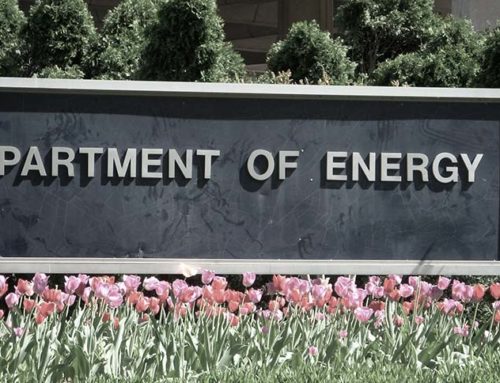Every day it becomes more apparent that the administration has grossly underestimated the long-term cost of rebuilding and democratizing Iraq.
We know now that the bill is going to be big. How big? Big enough to make Congress' typical fans of bacon bits balk. In the face of waning support from the public and huge tabs, lawmakers might be tempted to walk away, but they chose this war, and finishing the job is the only morally and financially sound option.
Targeted, focused investment in rebuilding Iraq will reduce long-term costs and satisfy voters by bringing troops home swiftly. The administration has put an $87 billion spending bill on the table and members of Congress are acting like it's a big dinner tab and if they wait long enough someone else will pick up the check. Who could blame them? With a $500 billion deficit this year, no one wants to spare the cash. Despite this, lawmakers need to stop waiting around and realize that there's no easy way out of this.
When hard choices lie in front of us, our elected officials like to skirt the real issues and rely on gimmicks and tricks. Instead of making the effort to bring foreign allies into the fold and convince them to commit to the rebuilding process, lawmakers are coming up with a cockamamie plan on how to fund rebuilding through loans.
The plan is to pay back loans using Iraq's vast oil reserves, the second largest proven reserves in the world. Regardless of whether these resources could sufficiently fund American debt, loans are a bad idea. First, they send the wrong message to other nations in the region. Loans validate middle-eastern suspicions that there are ulterior motives for our actions in Iraq.. If there's one thing we should know by now, it's that if you allow the short-term interests of American lawmakers to casually toss aside the concerns of foreign citizens dependent on American aid, the terrorists have already won. By leaving Iraq high and dry, we risk alienating the region and creating new breeding grounds for the very thing we are waging war on.
Loans also ignore the cold, hard truths of Iraq's financial obligations to other countries- to the tune of $200 billion in foreign debt. Iraq is bankrupt. Any loan we give them is unlikely to be paid back, but it is sure to engender resentment. We should continue to urge other creditors of Iraq to forgive the loans. However, our fractured relations with key allies in Europe will only splinter further if we urge them to feel compassion, on the one hand, while we hold out the other to collect.
The cost of peace in Iraq will be expensive. A March 2003 study by our organization predicted the total cost over the next seven years would surpass $400 billion. The lion's share of that cost is understandably ours because it was our war, but if we try to evade these costs in the short-run, they will be sure to balloon in the long run.
Congress and the President have an obligation to both protect Iraq and increase accountability so that companies contracting for the rebuilding, like Halliburton don't pilfer the federal treasury. The good news is that the Senate took important steps last night to protect taxpayers by approving a provision that ensures competitive bidding for future Iraqi contracts. Making the process competitive and transparent, as well as bringing more of it under the banner of the United Nations, could still salvage our relations with important European allies and convince them to shoulder more of the burden.
U.S. taxpayers will also become more supportive of the spending proposal if their representatives can honestly assure them that it has been purged of frivolous and unnecessary spending. The administration's bill has glaring faults, such as its $50,000 garbage trucks, $400 million prisons and $100 million witness protection programs. These provisions will have to go.
Partisan bickering over the war's efficacy cannot stand in the way of bringing it to a successful conclusion. Congress needs to sober up and forget about financing the war via Ponzi schemes. There's only one way to ensure a swift, financially sound resolution to Iraq, and that's to pony up the cash and make concessions that will draw others to our aid.










